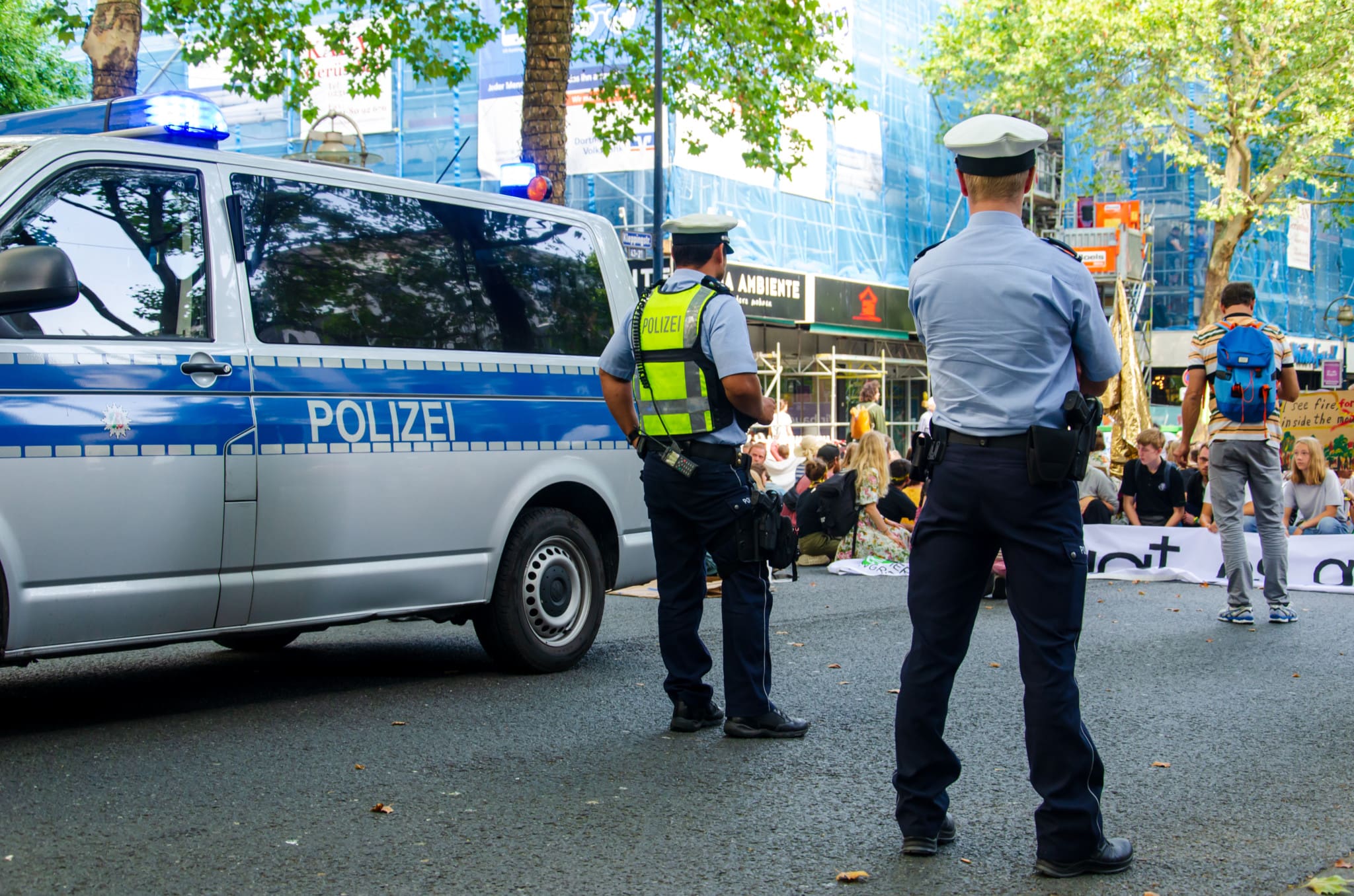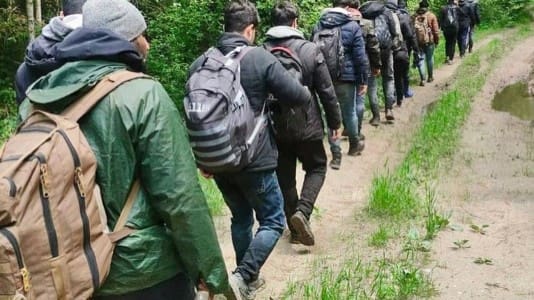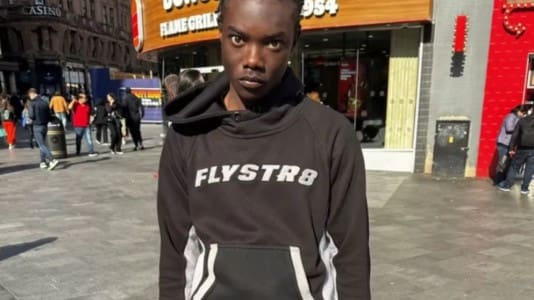In the city of Dortmund, police officers from the troubled multicultural “Wache Nord” station say they have experienced increased levels of repression, including from police officials, for doing their job. The police are told not to control the migrant population there, even as businesses and locals complain about open-air drug markets and routine violence.
Police officers spoke to Bild under the condition of anonymity to detail the worrisome development.
“If there are accusations, whether from intensive offenders or left-wing extremists, you are dropped immediately. There is no longer a presumption of innocence for us,” said one police officer while speaking with Bild.
pp id=8645]
There is a “deliberate criminalization of colleagues,” said another officer who also wished to remain anonymous.
Those who challenge the worsening situation are asked to transfer out of the station, with the officers facing daily pressure to conform. The officers also say they are under constant surveillance.
“Our social media profiles have even been searched, with private photo albums objected to because we allegedly have right-wing extremist tendencies. The police chief only wants to look good, we don’t interest him,” said one of the officers.
The officers are also told to run checks or stop migrants as seldom as possible following the death of Senegalese migrant Mouhamed D., a 16-year-old youth who was armed with a knife and shot dead in the Nordstadt district of the city last year. The police officers say that due to concerns over bad press, they are told to reduce interactions with the migrant population.
[pp id=19485]
“But then who are we supposed to control in Nordstadt, where almost only migrants live?” asked one law enforcement officer. “At a demonstration after the fatal shooting, an African registered a complaint against police violence. The man matched the description from an arrest warrant, but we were still forbidden by the chief from arresting this man.”
The police officers also find new community policing efforts demeaning and ineffective. They are even now being called to meet with known criminals and drink coffee with them and set up events in front of the police station, including a “wheel of fortune” to interact with the community.
“It’s really absurd,” said one officer while describing the new program.
Meanwhile, he said, there is a vicious cycle in place that prevents officers from making arrests.
“If you arrest someone and there is resistance and you have to take action, you are still the stupid one afterward. So it’s better not to do it,” said the officer. “There is no appreciation, no respect for our difficult work anymore.”






